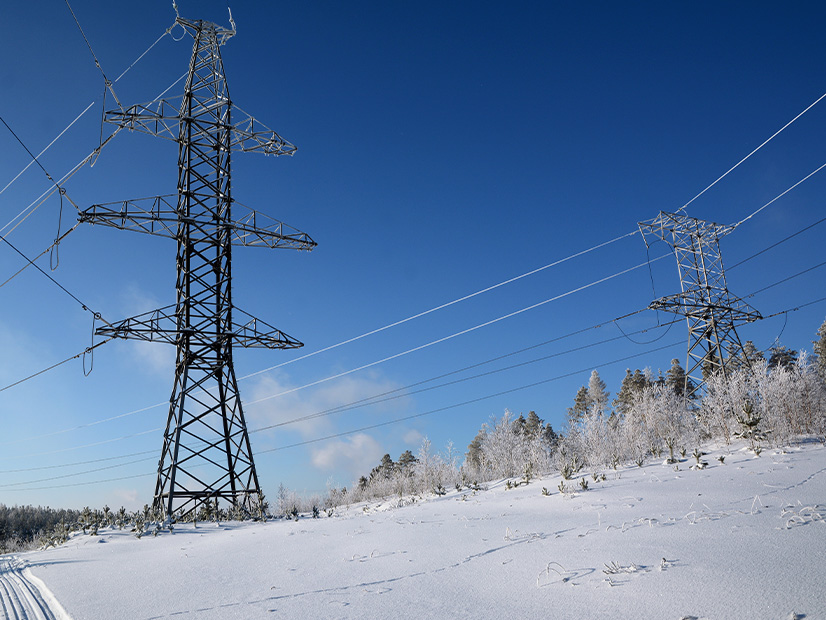ISO-NE is considering reusing its Winter Reliability Program or Inventoried Energy Program (IEP) to address uncertainty about the reliability of New England’s grid this winter.
Familiar fuel constraints, massive uncertainty from the war in Ukraine and the possibility of extreme weather have led to early and grim warnings from the grid operator about supply and reliability for the upcoming winter. (See Fears Already Mounting About Next Winter in New England.)
In a note sent to stakeholders Friday, Allison DiGrande, ISO-NE director of participants relations and services, said the RTO is working with a consultant to “refresh its analysis” and look at the costs and value of previously approved winter solutions, specifically naming both programs.
The Winter Reliability Program, in place between 2015 and 2018, incentivized generators that run on oil and gas to secure fuel before winter, by compensating them for a “portion of the costs related to any fuel inventory that is unused at the end of each winter.”
ISO-NE CEO Gordon van Welie, however, recently threw cold water on the prospect of revisiting that solution.
“Do we want to pay oil units more money to do what they have a massive incentive to do anyway?” he said at a recent conference. “What’s the likelihood of success of us trying to stand up a program like that, get it through the system and have it implemented in time?”
The IEP is a voluntary program in place for the 2023-2025 period that will compensate resources for the inventoried energy they hold on winter days that hit a certain low-temperature threshold.
It too would face uncertainty if ISO-NE decides to reuse it: It was approved by FERC in 2020, under a Republican majority; Commissioner Richard Glick, now chairing a Democratic majority, said in a dissent that the program was “an ill-conceived giveaway that acts as if throwing money at a problem is always just and reasonable.” (See ISO-NE Stopgap Fuel Security Program Gets OK.)
DiGrande said that by early July, ISO-NE will make a recommendation about whether it plans to “stay the course” with its current market structures or propose tariff changes for this winter. If the RTO does recommend changes, DiGrande wrote, “we would plan to meet the stakeholder process requirements with two Markets Committee meetings in July and the final vote at the Participants Committee on Aug. 4.” That schedule would allow for an August filing at FERC and a September order.
ISO-NE has also been requesting information from asset owners about their plans to meet operating requirements, and from some fuel providers about their inventories and delivery capabilities.
“When completed, these inquiries will allow the ISO to compile data on the anticipated fuel stock that will be available to suppliers to meet the demand for electricity this winter,” DiGrande said.



